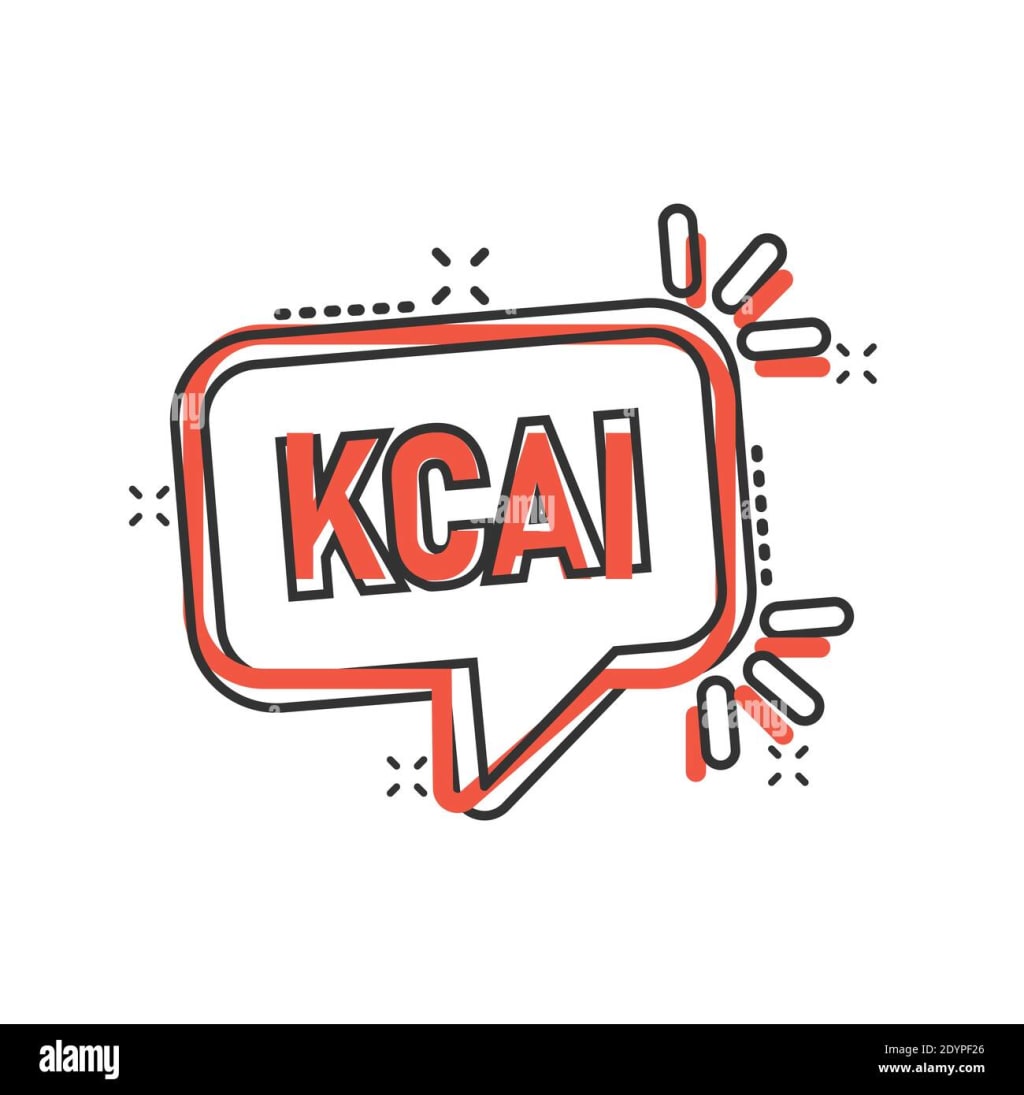
We frequently hear about calories. What is the calorie count of this cookie? How many calories are expended performing 100 jumping jacks, jogging a long distance, or fidgeting? But what exactly is a calorie, and how many do we actually require? Calories are a mechanism for the body to keep track of its energy expenditure. We achieve a healthy balance when we expend roughly the same amount of energy as we do. If we continually consume more energy than we expend, the extra will eventually be stored as fat in our cells, which will result in weight increase. We will lose weight if we expend more energy than we take in. Therefore, we must be able to quantify the energy we take in and expend. To do this, we utilize a unit called the calorie. The amount of energy required to increase the temperature of one kilogram of water by one degree Celsius is known as one large calorie, or the kind of calorie we measure in food. Every food item we eat has a calorie count, which indicates how much energy it has in its chemical bonds.A slice of bread has about 78 calories, an apple has about 52, and a typical pizza slice has 272 calories. When food is digested, energy is released, and it is then stored in other molecules that can be metabolized when the body demands it. It serves three purposes: 10% is used to promote digestion, 20% to fuel physical activity, and 70% is utilized to support the fundamental operations of our organs and tissues. Your basal metabolic rate, or the quantity of calories you would require to survive if you were not eating or moving about, is represented by the third usage.The official recommendations for how many calories the average individual needs each day are 2000 for women and 2500 for men. Add in some physical activity and digestion. These projections are based on measurements of muscle mass, average weight, and physical activity. Does that imply that everyone should aim for 2000 calories or less? No, not always. Your body may burn up to 9000 calories per day if you are engaging in an energy-draining sport, such as cycling in the Tour de France. While elderly people normally have a slower metabolic rate and so need fewer calories, pregnant women need a few extra calories above average. Before you start counting calories, you should be aware of the following. Calorie counts on nutrition labels reflect how much energy a food actually contains rather than how much energy you can derive from it. A 100-calorie portion of celery would actually provide you with less energy than a 100-calorie serving of potato chips because fibrous foods like celery and whole wheat require more energy to digest.Not to add that some foods provide vitamins and proteins while others have far lower nutritional worth. You might get overweight and undernourished if you consume too many of such things. Additionally, different persons could not consume the same amount of calories from the same dish. Every person's capacity to derive energy from food differs slightly due to variations in factors including enzyme levels, gut bacteria, and even intestinal length.A calorie is a helpful unit of measurement for energy, but to determine how many of them each of us needs, it's important to consider factors like exercise, the sort of food we eat, and how well our bodies process energy. Attempting to locate all of that on a nutrition label is futile.
About the Creator
Niks
I deliver Informative content.






Comments
There are no comments for this story
Be the first to respond and start the conversation.